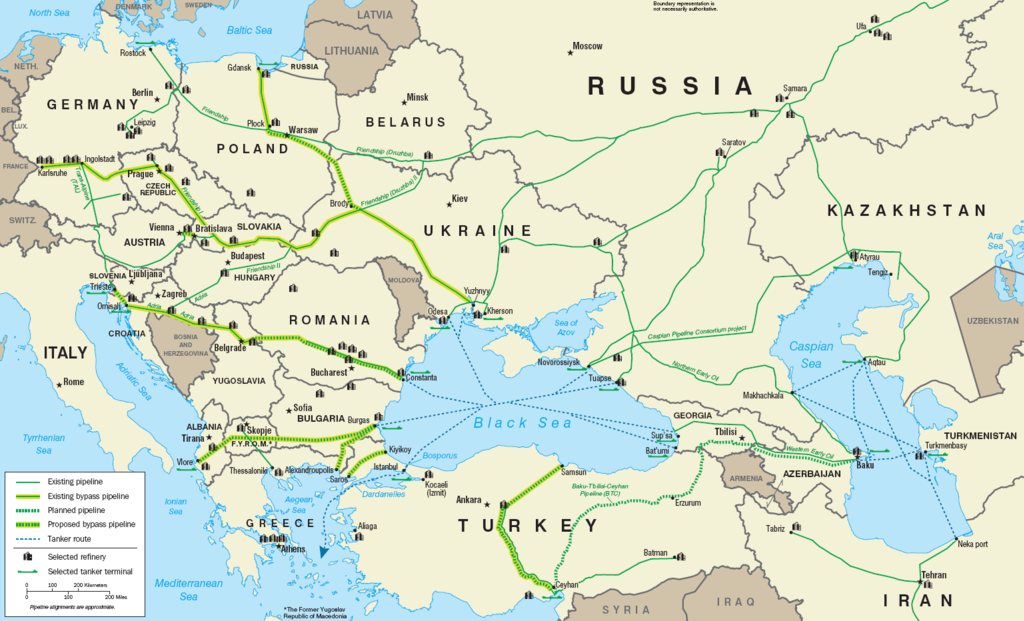Brussels –There is no problem whatsoever for the energy security of Hungary and Slovakia. The EU High Representative for Foreign and Security Policy, Josep Borrell, returns to Ukraine’s decisions to stop Lukoil’s crude oil transit along the Druzhba pipeline and its repercussions. Repercussions that, however, would not be there. “The volumes missing from Lukoil were replaced with different suppliers through the same pipeline in July and August 2024,” Borrell clarifies in responding to a parliamentary question. “There was therefore no interruption in energy supplies.”
The lack of damage to EU member states, therefore, does not create conditions in violation of the Association Agreement with Ukraine, and the EU executive, Borrell explains, considers it “not justified” to initiate an urgent arbitration to remedy a problem that in reality does not exist because it was resolved immediately. In any case, however, given the sensitivity and delicacy of the program, the Commission remains in continuous contact with Hungary, Slovakia, and even Croatia to monitor the situation. The EU executive remains “ready to act whenever necessary to ensure security of supply,” Borrell assures.
The Commission also takes into account the strategic nature of Kyiv in its considerations and assessments. By closing the transit to the Druzhba oil pipeline to Lukoil, Ukraine reduced business for the Russian company, thereby slashing revenues to finance Moscow’s war machine. It also produced an enfranchisement of the EU from the Russian supplier, reducing dependence. This is a crucial element from a geo-political point of view since, Borrell points out, “the goal of diversification away from Russian fossil fuels should be actively pursued” by all member states.

With an extension of 4 thousand kilometers, Druzhba is one of the longest oil pipelines in the world. It carries oil from the eastern part of European Russia to points in Ukraine, Belarus, Poland, Hungary, Slovakia, the Czech Republic, and Germany. It entered into operation in 1964 and is still active today. The network also branches out into numerous smaller pipelines to distribute its product throughout Eastern Europe and beyond.
English version by the Translation Service of Withub





